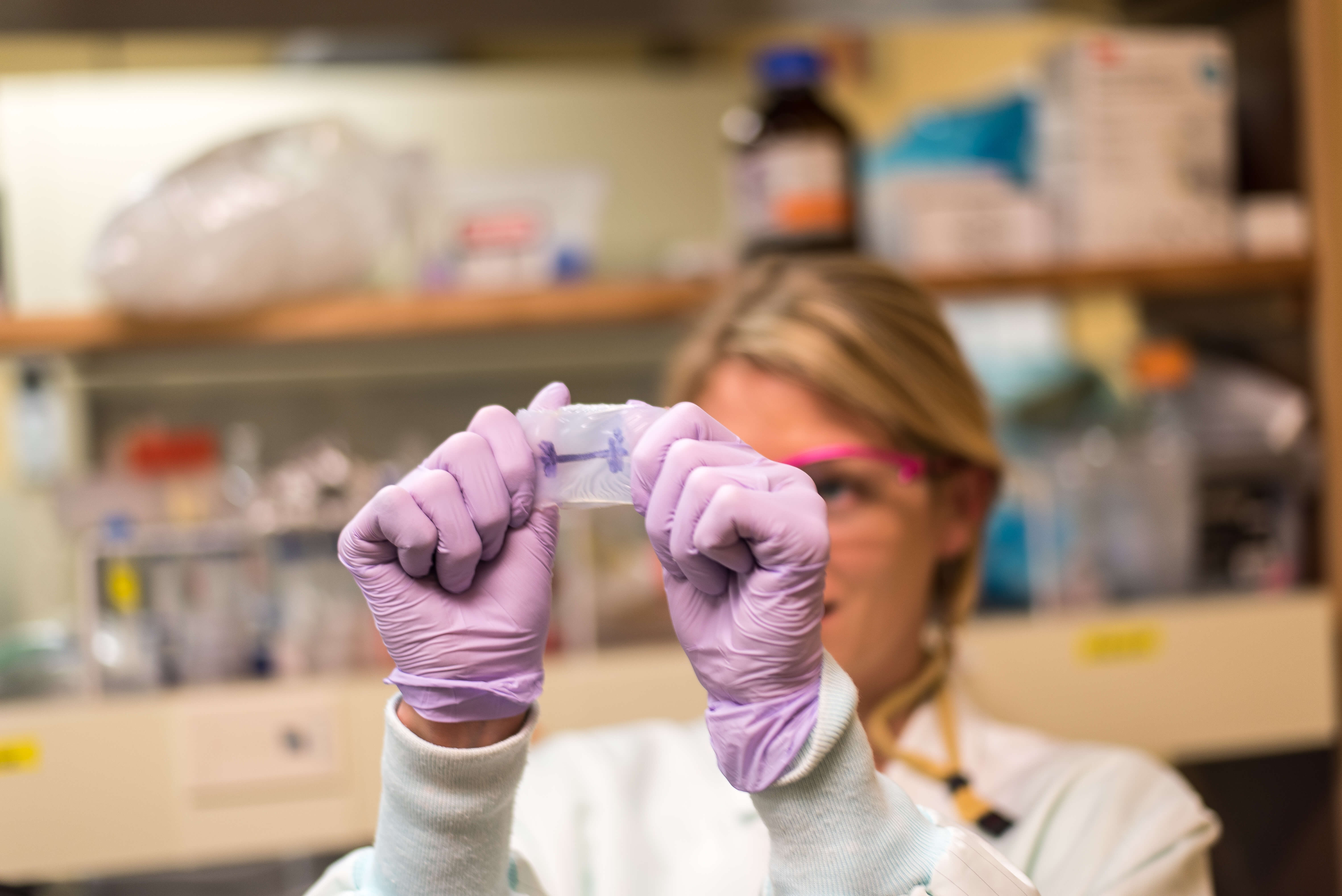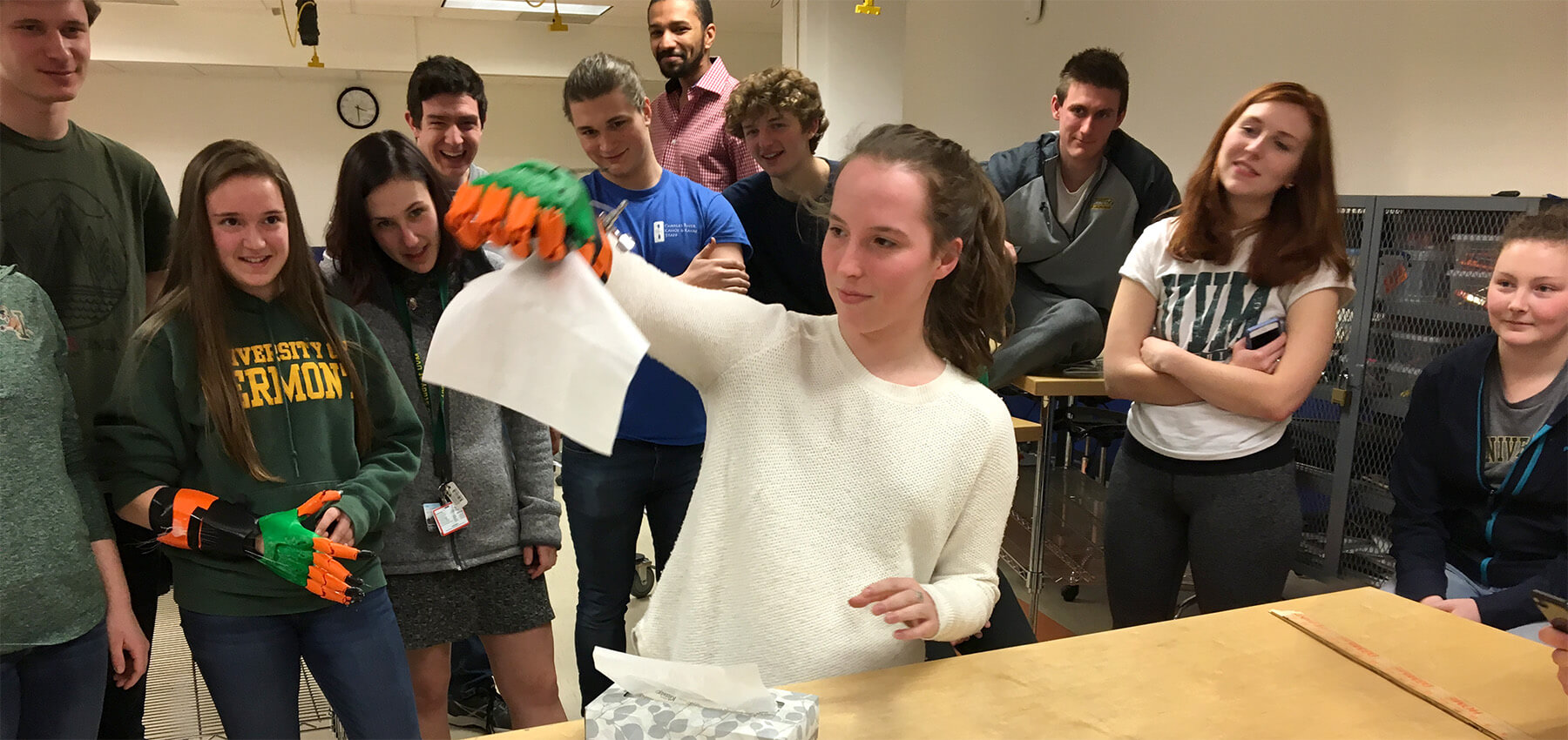Program Overview
Our Ph.D. program is driven by a core group of faculty dedicated to teaching, research, and mentorship in BME. PhD students may perform their research with this core group or a wide array of affiliated faculty from across the College of Engineering and Mathematical Sciences (CEMS) and College of Medicine (COM).
This cross-disciplinary group of BME faculty has a broad range of interests and approaches centered on several areas of expertise:
Digital Health
Digital Health aims to make medicine more personalized and precise by developing, evaluating, and deploying new technologies including algorithms (e.g., digital signal processing, machine learning), wearable sensors, and mobile health apps.
Biomechanics
Biomechanics applies mechanical principles to the study of the structure and function of the human body
Biomaterials
Biomaterials applies material science to biomedical problems to improve therapeutics and diagnostics using tissue engineering, drug delivery, medical devices, and biosensors.
Neuroengineering
Neuroengineering adapts new technologies to the study of the brain, including brain-computer interfaces, neuroimaging, and mental health research.
Computational Modeling
Computational modeling uses advanced mathematics and computing to create testable hypotheses about the mechanisms driving biological processes.
Apply Now
Biomedical Engineering Graduate Programs Student Handbook


